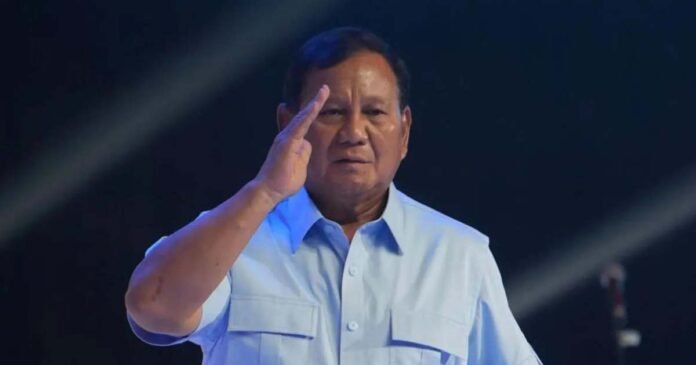Prabowo Subianto has secured Indonesia’s presidency after two previous unsuccessful attempts. The former military general, known for alleged human rights abuses during the Suharto regime, won over voters with a new approach, presenting himself as a friendly figure on social media platforms like TikTok. This strategy resonated with younger voters, who may be less familiar with the country’s authoritarian past.
Some voters expressed a desire for a strong leader like Prabowo to continue the policies of the outgoing President Joko ‘Jokowi’ Widodo. However, others are concerned about the return of a military figure linked to Indonesia’s dark history under Suharto’s dictatorship.
Born into a politically influential family, he rose through the ranks of the military despite allegations of involvement in human rights violations, including the abduction and torture of democracy activists. Despite being fired from the army and facing international criticism, Prabowo returned to Indonesia, amassing wealth in industries like palm oil and mining before transitioning to politics. He married one of Suharto’s daughters, further cementing his ties to the regime.
Throughout his career, Prabowo has faced accusations of atrocities in regions like East Timor and Papua, as well as involvement in instigating race riots targeting the Chinese minority. He denies many of these allegations, often attributing his actions to following orders.
Prabowo’s political journey has been marked by rivalry with Jokowi, whom he challenged in presidential elections in 2014 and 2019, losing both times. However, after violent protests by his supporters in 2019, Jokowi appointed him as defense minister, leading to concerns about legitimizing his past actions.
In the 2024 election, Prabowo formed an unexpected alliance with Jokowi, who endorsed Prabowo’s son as his running mate. This move, facilitated by changes to electoral rules, was criticized as an abuse of power by some, but it proved effective in securing Prabowo’s victory.
Despite controversies surrounding his candidacy, Prabowo emerged victorious with nearly 60% of the vote, avoiding the need for a runoff election. In his victory speech, he made references to his past, signaling a return to power reminiscent of the Suharto era, which for many represents a concerning development in Indonesia’s democratic progress.
